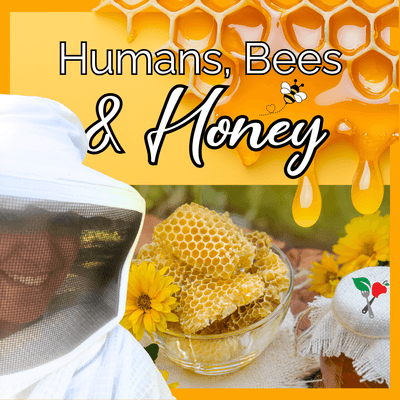Sugar’s Cancer Connection
Sugar seems to be so innocuous, but it’s lurking everywhere even in the least likely of places….added sugar is a big culprit for weight gain in most people. And, it has long been known as something for health’s sake to avoid or limit one’s intake if you didn’t want an ever-expanding waistline and to pack on unwanted pounds.
New research recently released has shown one’s health can be in danger from consuming too much sugar. Yes, you heard me right – it seems sugar is an energy source for a specific type of cancer, squamous cell carcinoma (SqCC) – a type of lung cancer.
This is not the first research to suggest sugar causes cancer either. In fact, just last year research published in Cancer Research pointed to a cancer-sugar connection, which found that a typical “Western diet” may increase the risk of breast cancer and metastasis to the lungs. Also, researchers from New York University discovered that consuming sugary beverages, processed foods and high-carb meals could triple a man’s risk of prostate cancer.
Scientists from the University of Texas at Dallas are reporting that certain cancer cells (SqCC) may have a huge sweet tooth and is dependent on sugar for its energy supply. Translation: sugar is feeding cancer cells in the form of glucose.
The researchers collected data regarding 33 types of cancers from more than 11,000 patients. What they found was that a protein responsible for transporting glucose into cells was present in significantly higher levels in lung SqCC than in lung ADC. The protein is called glucose transporter 1 or GLUT1, takes glucose into cells where the sugar provides energy and fuels the cell metabolism.
It’s important to mention that researchers found that GLUT1 levels were much higher in other types of SqCC: head and neck, esophageal and cervical cancers too.
The American Cancer Society reports that lung cancer, both small cell and non-small cell, is the second most common cancer in both men and women only behind skin cancer. In fact, more people die of lung cancer than of colon, breast and prostate cancers combined!
The findings of the study were published in the journal Nature Communications, and new types of treatments and dietary recommendations may be a result of this study. More research by this research team is likely be conducted to examine the effect of a sugar-restricted diet on the progression of lung cancer in an animal model of the disease.
In case you think you don’t consume that much sugar, think again! The U.S. Department of Agriculture estimates that in 2015, Americans on average consumed more than 75 pounds of refined, high fructose corn syrup and other sugar sweeteners.
Sugar is added to many items you consume on a daily basis without even realizing it. Take a closer look at the foods you consume, you may be surprise by the findings. Now, it is important to note, that sugar – added and natural are two different types and not to be confused with each other. Current labeling makes it somewhat difficult to understand the “sugar” listed in the nutrition fact panel, but the ingredients are not so difficult to decipher – take a look, you may just be shocked at what you find.







 Weight Loss
Weight Loss Health & Wellness
Health & Wellness Diabetes
Diabetes Heart Health
Heart Health Motherhood & Family
Motherhood & Family Dietary Restriction
Dietary Restriction Other Health Conditions
Other Health Conditions About SSHE
About SSHE


